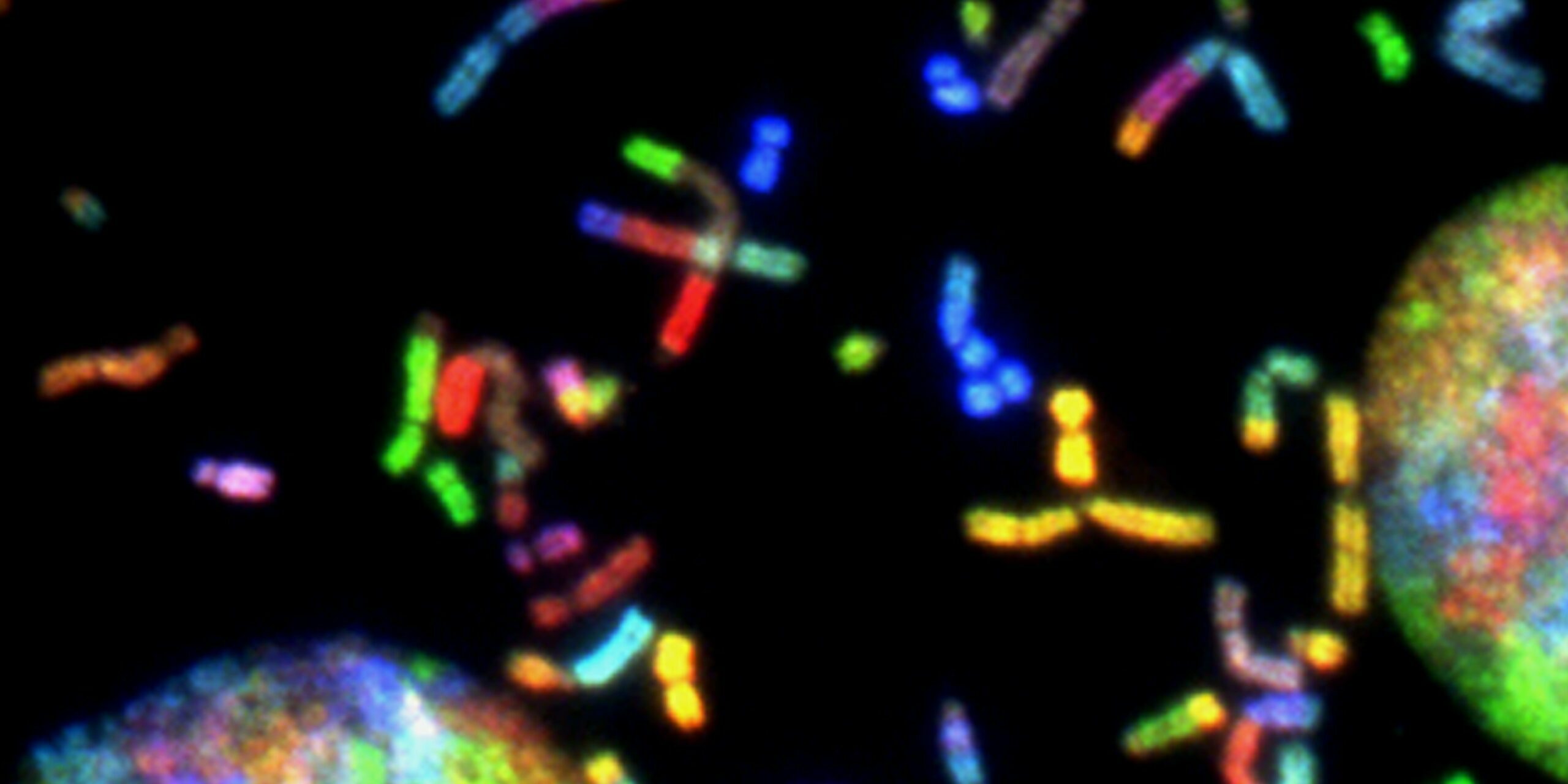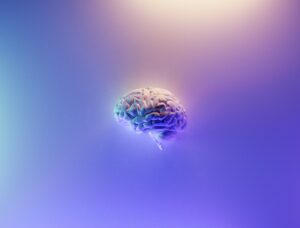Research estimates that up to 70% of the body’s lymphocytes reside in the gut, making it the largest immunological organ.
A healthy gut microbiome constantly trains the immune system in the gut to not fight our own cells and provoke an autoimmune disease or inflammation.
The gut is basically a training camp for immune cells to be prepared for the worst but without being at war with our own cells and harming our body.
A Poor diet and a microbiome out of balance are overlooked causes of dysfunctional immune system activities such as chronic inflammation in the body leading to chronic disease development, susceptibility to autoimmune disease or infections.
Autoimmune Diseases & Microbiome: The link
These 8 types of autoimmune disease and chronic inflammatory conditions have been associated with “dysbiosis” of the gut microbiome or a microbiome out of balance, characterized by either an altered composition I function or lower diversity:
- Diabetes Type 1 (T1D)
- Systemic Lupus Erythematosus (SLE)
- Rheumatoid Arthritis (RA)
- Inflammatory Bowel Disease (IBD)
- Multiple Sclerosis (MS)
- Psoriasis
- Celiac Disease
- Hashimoto’s Thyroiditis
3 ways how the gut microbiome triggers autoimmune reactions – and how to prevent it
- Lack of Anti-Inflammatory molecules correlate with autoimmune disease
- Toxic Microbial Metabolites from meat digestion trigger autoimmune disease
- Leaky Gut: Gut Bacterial Antigens provoke Autoimmune Reactions
1. Gut Microbiome produces less Anti-Inflammatory molecules in autoimmune disease
Short-Chain Fatty Acids (SCFA) are essential anti-inflammatory compounds produced when gut bacteria break down dietary fiber.
They regulate immune cells, preventing inflammation and autoimmune diseases. A lack of SCFA production is a risk for immune system dysregulation and autoimmune diseases.
For instance, insufficient SCFA production in children weaned early is linked to autoimmune diseases like Type 1 Diabetes. A dietary fiber rich diet ameliorated the type 1 diabetes symptoms at least in preclinical models, so far.
A diet rich in fiber, particularly fruits and vegetables, also lowers the risk of inflammatory bowel diseases and increases SCFA in the gut.
Besides, the gut microbiome produces AhR Ligands in response to specific foods, reducing inflammation.
Reduced AhR ligand production leads to gut inflammation, as seen in celiac disease and Inflammatory Bowel Disease (IBD).
Activating AhR in the gut reduces inflammation, especially in IBD.
The AhR cell receptor can be called the „broccoli receptor“, as it is activated by compounds almost exclusively found in cruciferous vegetables.
2. Toxic Gut Microbial Metabolites from meat digestion trigger autoimmune disease
In most cases, it’s not the bacteria themselves that cause disease, but rather the „toxic“ metabolites they produce.
Specific neurotoxic metabolites produced by gut bacteria from certain foods, such as meat, have recently been identified in the brains of MS patients and contribute to the progression of MS symptoms.
This may explain why consuming more meat worsens MS symptoms.
A study in people with inflammatory bowel disease patients showed that a diet including a higher amount of more animal based foods resulted in a pro-inflammatory microbiome and increased inflammation in the gut (Bolte 2021).
3. „Leaky Gut“: Bacterial Antigens traveling through the body provoke Autoimmune Reactions
Certain medications, processed foods, chronic stress and a diet lacking sufficient fiber can cause a gut microbiome imbalance or „dysbiosis“.
This imbalance can lead to the breakdown of the protective mucus layer in the gut by certain bacteria and allows the bacteria and food compounds to enter the underlying tissue and interact directly with immune cells, causing inflammation.
This process is often informally referred to as „Leaky Gut“ Syndrome and cause systemic inflammation, food sensitivity and even worsens autoimmune disorders.
The bacterial antigens traveling from the gut into other organs via a “Leaky Gut” are absorbed to provoke autoimmune responses in individuals with autoimmune diseases like Lupus, Psoriasis and Rheumatoid Arthritis (Bender 2020; Kriegel 2019).
Conversely strengthening the gut barrier and repairing a leaky gut by increasing fiber intake reduces inflammation e.g. in overweight (Guevara-Cruz 2019)
How to reverse a “toxic” microbiome, “Leaky gut” and soothe inflammation
Research shows that we can modify the microbiome to become anti-inflammatory with foods and an anti inflammatory diet, lower disease risk and even reverse symptoms.
More on that in my upcoming book!
Here is A very short eating guide to get started:
- Fiber rich foods to increase the anti-inflammatory activity of the gut microbiome and reduce inflammation and heal a “Leaky Gut”
- Include more antioxidant and polyphenol rich foods that boost a healthy microbiome and lower inflammation
- Avoid or drastically reduce industrially processed foods, plain sugar sweets, white flour pastries and bread and other processed grains, sweetened and artificially sweetened drinks, saturated fats and most of them animal foods including dairy and red meat
Thanks for reading!
If you enjoyed the article:
- Subscribe to my weekly “Longevity Microbiome Journal” and discover more science based tools for microbiome recovery and gut & brain health for healing, wellbeing and longevity. Every Friday. For free.
- Share with your friends, colleagues, your boss and your loved ones HERE:

Dr. Sarah Schwitalla
PhD in molekularer Medizin und Biochemie 10 Jahre biomedizinische Krebs-Forschung und Pharmaindustrie Erfahrung TU München, Harvard Medical School, University of Cambridge.
Foto von National Cancer Institute auf Unsplash
Wenn du bereit bist, kann ich so weiterhelfen:
Darm Retreat: Heilen mit Ernährung
5h online Workshop Kurs – lerne wissenschaftlich basiert eine Strategie für die ideale Ernährung zur Optimierung der Darmgesundheit und der Immunfunktion, die auch im Alltag funktioniert. Erstelle unkompliziert einen 100% nährstoffdeckenden, antientzündlichen Ernährungsplan für Heilung und Prävention. Ausgewogen ernähren auch bei eingeschränkter Verträglichkeit von Lebensmitteln.
Als Speaker oder Berater buchen
Möchten Sie mich als Speaker für Ihr Event, Berater für ein Projekt, Scientific Advisor, Researcher oder Autor engagieren? Als PhD und ehemalige Wissenschaftlerin u.a. an der Harvard Universität und University of Cambridge, Autorin von 3 Büchern und zahlreichen Fachartikeln, Scientific Advisor für Firmen, Filmteams und Organisationen, Speaker auf Kongressen und Events bringe ich Expertise seit 2008 mit. Hier anfragen.
Referenzen
- Bolte LA, Vich Vila A, Imhann F, et al. Long-term dietary patterns are associated with pro-inflammatory and anti-inflammatory features of the gut microbiome. Gut. 2021. doi:10.1136/gutjnl-2020-322670
- Vatanen T, Franzosa EA, Schwager R, et al. The human gut microbiome in early-onset type 1 diabetes from the TEDDY study. Nat 2018 5627728. 2018;562(7728):589-594. doi:10.1038/s41586-018-0620-2
- Hou JK, Abraham B, El-Serag H. Dietary intake and risk of developing inflammatory bowel disease: A systematic review of the literature. Am J Gastroenterol. 2011;106(4):563-573. doi:10.1038/ajg.2011.44
- Ananthakrishnan AN, Khalili H, Konijeti GG, et al. A Prospective Study of Long-term Intake of Dietary Fiber and Risk of Crohn’s Disease and Ulcerative Colitis. Gastroenterology. 2013;145(5):970-977. doi:10.1053/j.gastro.2013.07.050
- Ntranos A et al. Bacterial neurotoxic metabolites in multiple sclerosis cerebrospinal fluid and plasma. Brain 2022: 145; 569–583. **https://doi.org/10.1093/brain/awab320**
- Bender E. Could a bacteria-stuffed pill cure autoimmune diseases? Nature. 2020;577(7792):S12-S13. doi:10.1038/D41586-020-00197-Z
- Saumya Shah, Alberto Locca, Yair Dorsett, Claudia Cantoni, Laura Ghezzi, Qingqi Lin, Suresh Bokoliya, Hunter Panier, Cassandra Suther, Matthew Gormley, Yue Liu, Emily Evans, Robert Mikesell, Kathleen Obert, Amber Salter, Anne H Cross, Phillip I. Tarr, Amy Lovett-Racke, Laura Piccio, Yanjiao Zhou. Alterations of the gut mycobiome in patients with MS. EBioMedicine, 2021; 71: 103557 DOI: 10.1016/j.ebiom.2021.103557
- https://drschwitalla.com/blog/superfoodimmune/
- Kriegel er Al 2019 APS _Cell Host & Microbe_ ,
- Guevara-Cruz M, Flores-Lopez AG, Aguilar-Lopez M, et al. Improvement of lipoprotein profile and metabolic endotoxemia by a lifestyle intervention that modifies the gut microbiota in subjects with metabolic syndrome. _J Am Heart Assoc_. 2019;8(17). doi:10.1161/JAHA.119.012401
More Links
- The Toxic Microbiome Book
- Ernährung und Mikrobiom bei Parkinson – Gespräch mit Prof. Dr. M. Unger
- Why Excess Protein May Aggravate IBS and cause Microbiome Dysbiosis, bloating and inflammation
- IBD & Microbiome: 4 ways THIS cheap “superfood” lowers toxic gut bacteria, inflammation in the gut (IBD) and balances the immune system in the gut
All the best

Discover the most exciting studies and actionable science on Microbiome, Gut-Brain and Nutrition research for healing, wellbeing and longevity
Join +4000 Readers of The Longevity Microbiome Journal.
Fridays in your inbox.





